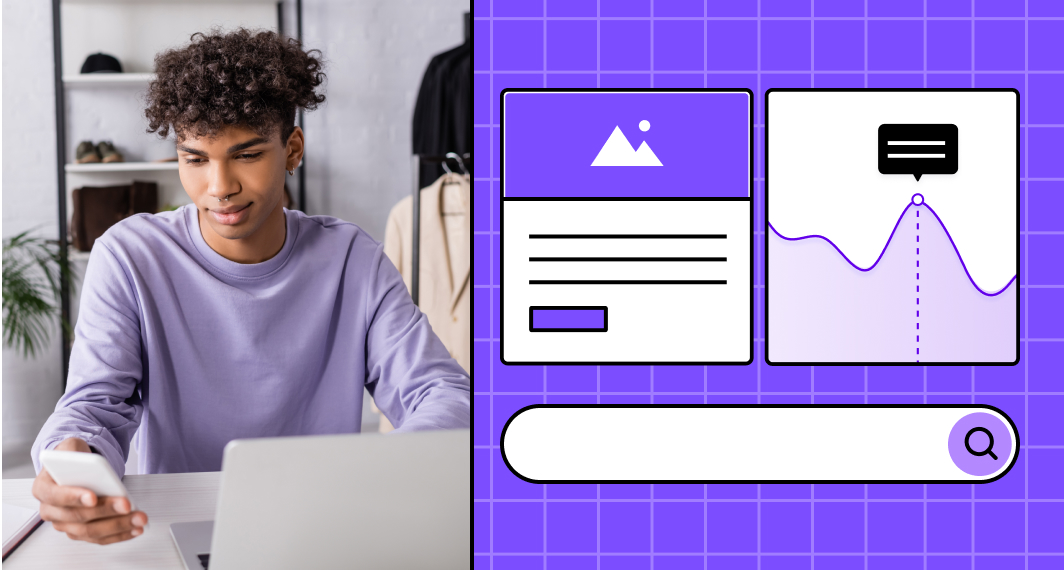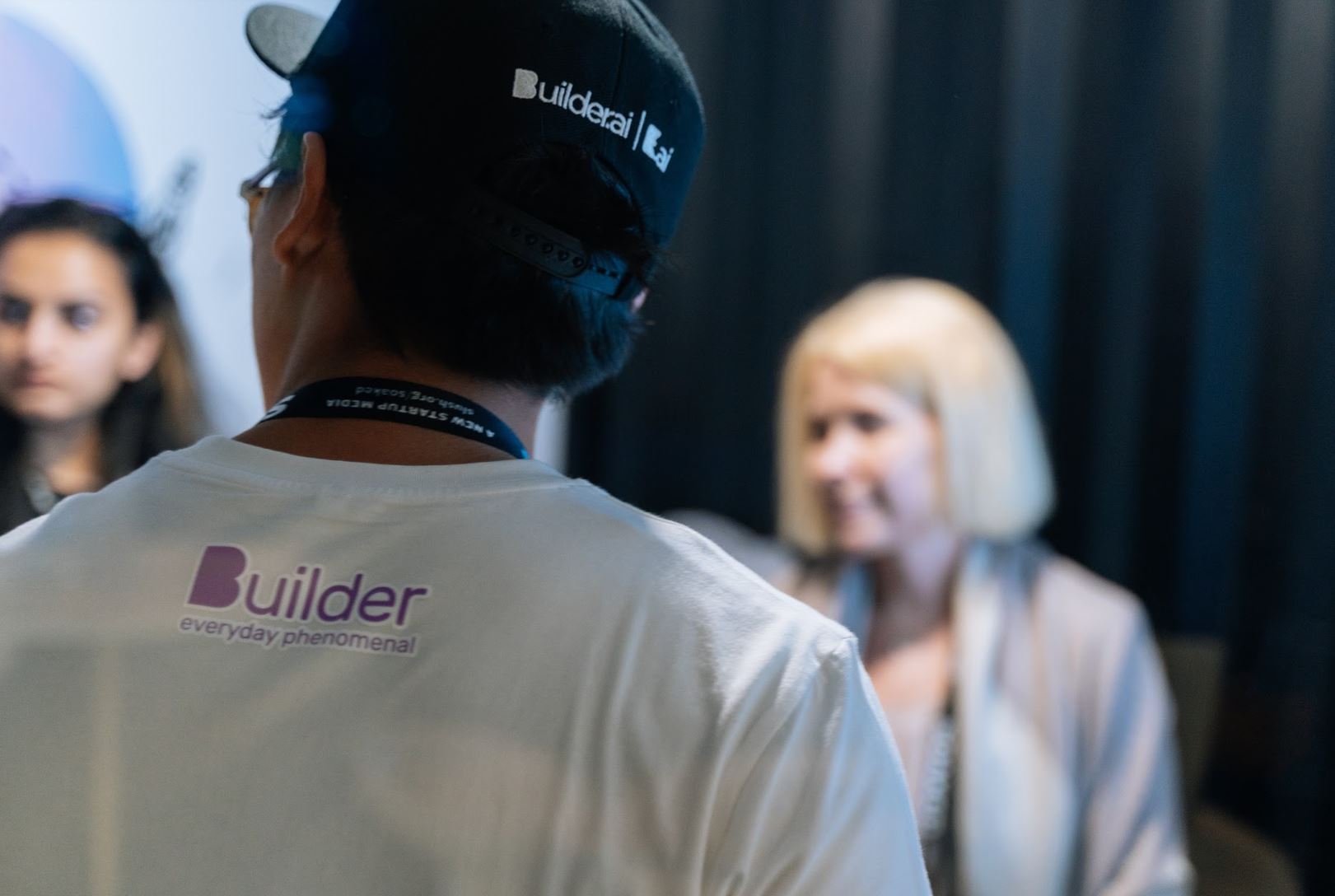Has your burning idea been keeping you up at night? Are you restless to create something new and different? What better time than the present to build something innovative to test on the open waters of the software market. As always, we’re here to help you.
What is an MVP?
According to Wikipedia, a Minimum Viable Product (MVP) is, “a product with just enough features to satisfy early customers and provide feedback for future product development.” Another site, Techopedia, notes further it’s a, “development technique in which a new product or website is developed with sufficient features to satisfy early adopters. The final, complete set of features is only designed and developed after considering the feedback from the product's initial users.”
Why release your MVP?
In the lean or agile model of product development, you want a product which your customers can test most importantly. It’s a representation of your brand that’s intended to give users a clear understanding what and how your product benefits their needs. As with any business, if you can help customers solve pain points they face regularly, you’ve found the sweet spot. The result is customer feedback before plunging all of your money into a final product--that may fail or at the very least miss the mark. Let’s also consider the word minimum. What does it mean in this case? Here, “minimum” means basic or bare bones. You may have heard, “if you launch it and you’re not slightly embarrassed, you’ve launched too late.” And while we don’t completely agree--this is a great point.
Questions to ask yourself through the process
After getting your idea, your rough sketch of your idea in action provides your most basic Minimum Viable Product. But a table napkin MVP doesn’t allow your customers to see your idea in action. Consider the following questions to avoid making common MVP mistakes:
- What’s the essential point of this application?
- How does this software benefit my customers?
- How do my customers describe this software helping them solve their pain point?
- How can you translate their feedback into a revised MVP that you continue to improve on?
Find your audience

Employing an MVP can help you determine who your audience is and what their interest n your product would be. Additionally, once you generate your feedback, you can use this feedback to generate interest from other prospective customers to continue to expand your MVP testing process. This creates your own positive feedback loop for continuous testing, feedback and updates.
Refine your core feature(s)
Ideally, your basic MVP should only focus onone core feature, and it should do that feature well. The process can function like a startup company with a limited budget and a compressed amount of time to get their product out successfully. While some may be wary of the cost and time it would take to build and test market an MVP, doing so has many advantages and may be the best investment you could make in your startup.
Save time & money
Creating your MVP helps you avoid wasting valuable time developing features that your audience doesn’t want. A basic MVP doesn’t cost as much as a full-featured product would. A good MVP helps you “prime the pump” by investing a small amount of time and money up front to find out if your idea has legs for the long haul.
Getting started on the MVP process
Once you’ve established the value of an MVP, where do you begin in building one? What’s the best way to successfully model your idea in a way that can help you build the best final product? We’ve found agile product development (and agile project management) to be an extremely effective way to create software products. Want to know more about best practices to develop your MVP? Stay tuned right here. For now, below are 5 mistakes to avoid when completing the process. Download this informative (and also quick to read) e-book to learn more about developing an MVP that can propel your idea to the next level - for free! Download the eBook here (scroll down to find the downloadable PDF): 5 Common Mistakes to Avoid When Creating Your MVP
Want to start your app project with us?
Book a demoSpeak with one of our product experts today.
By proceeding you agree to Builder.ai’s privacy policy and terms and conditions

Lakshmi is a communications professional with over 6 years of experience across industries- from digital media and fashion to health and technology. She specialised in Integrated Marketing and Communications cum laude, and naturally, can work her magic best when handling public relations, marketing and editorial content and communication. Most people find her moderately introverted, conspicuously sassy, significantly energetic, and massively dog-loving.














 Facebook
Facebook X
X LinkedIn
LinkedIn YouTube
YouTube Instagram
Instagram RSS
RSS


